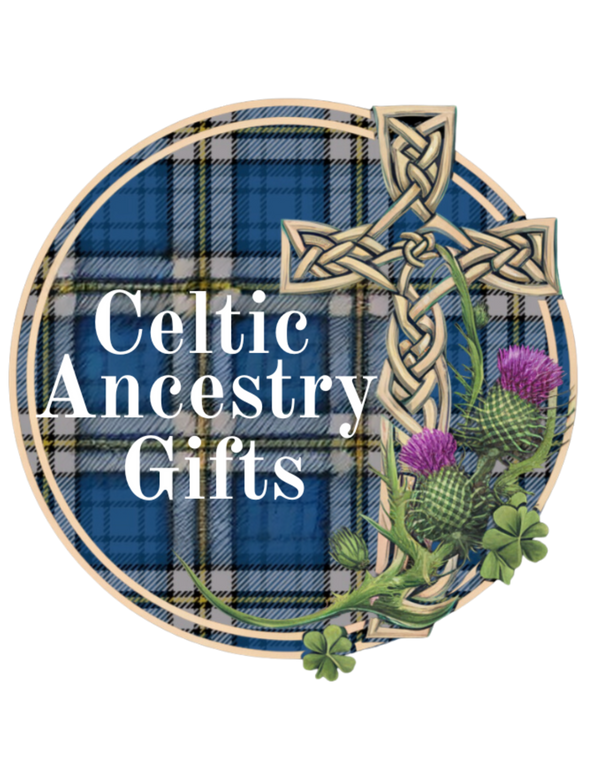
Exploring the Legacy of Clan Morton: A Forgotten Scottish Name with Noble Roots
Share
When most people think of Scottish clans, names like MacDonald, Campbell, or Fraser spring to mind. But nestled quietly in the rich tapestry of Scotland’s history is Clan Morton—a lesser-known but noble family name with roots that run deep through the Lowlands and into the heart of the nation's political and aristocratic past.
Origins of the Name
The name Morton is derived from several places in Scotland and England, often meaning "moor town" or "settlement on a moor." In Scotland, the most historically significant of these is Morton in Nithsdale, Dumfriesshire. The surname likely originated as a territorial designation, linking families to the lands they controlled.
Clan Morton is traditionally associated with the Lowlands, and while it may not have the same Highland mystique as other clans, its influence has been no less profound—especially in the halls of power.
The Earls of Morton
The most famous branch of the Morton name is the Douglas family, who held the title Earl of Morton. The Douglas, Earl of Morton line has been one of the most powerful noble families in Scottish history. The fourth Earl, James Douglas, played a pivotal role in 16th-century Scotland as a regent during the minority of King James VI. However, his legacy is complicated—he was executed in 1581 for his involvement in the murder of Lord Darnley, the husband of Mary, Queen of Scots.
Though not a clan in the traditional Highland sense, the Morton name is part of Scotland’s nobility, tied to estates, castles, and key historical events that shaped the nation.
Tartans and Symbols
Because Clan Morton is more of a Lowland family name than a Highland clan, it does not have a widely recognized tartan of its own. However, those with Morton ancestry sometimes wear the tartans of Douglas due to the close historical connection through the Earldom of Morton.
The Douglas tartan—a pattern of dark green and navy blue with subtle black stripes—is a popular and dignified choice for those who wish to honor their Morton heritage in traditional Scottish dress.
Modern-Day Mortons
Today, the Morton name can be found all over the world, particularly in countries touched by the Scottish diaspora such as Canada, the United States, Australia, and New Zealand. Many modern Mortons are rediscovering their roots, connecting to their history through genealogy, clan societies, and cultural festivals like Highland games.
Whether your connection to the Morton name is direct or through ancestry research, you are part of a story that spans centuries—a story of land, leadership, loyalty, and legacy.
Conclusion
While Clan Morton may not have the high profile of Scotland's warrior clans, it holds a quiet strength rooted in nobility, governance, and tradition. It represents the powerful role Lowland families played in shaping Scotland’s identity—often from behind the scenes. So, whether you're donning a tartan, exploring ancestral lands, or tracing your family tree, take pride in the Morton name and its enduring legacy.
